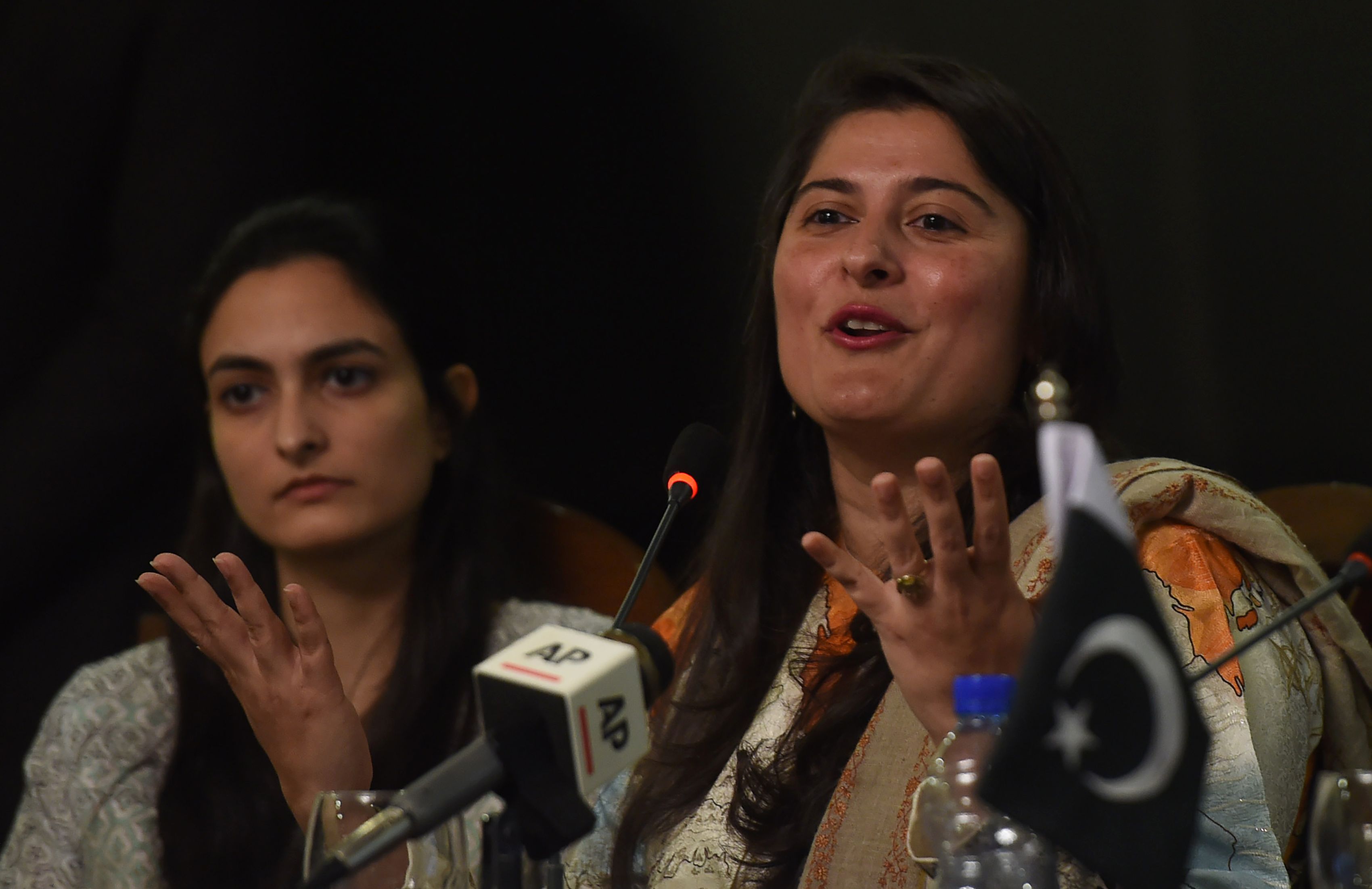
Pakistan is passing through tumultuous times where the breaking news circuit is unceasingly electric. It was one of those weeks — the one that just flit past — that amply served as the proverbial rush hour.
Whether it was by design or default, the Nawaz Sharif government chose the leap year day to make a statement of intent when it executed Mumtaz Qadri, the bodyguard-turned-assassin of Salman Taseer, a liberal former Punjab province governor.
It was supposed to be an open-and-shut case five years ago when Qadri boasted his deed was in revenge over what he perceived to be blasphemy committed by Taseer for suggesting the laws should be changed and championing the case of a minority citizen faced with the prospect of capital punishment after being jailed over allegations she had committed blasphemy.
Qadri had maneuvered to replace another guard on the fateful day to get a close shot at the governor just after he had finished a meal at an upscale eating joint in Islamabad, the leafy green capital of Pakistan. He pumped 28 bullets into Taseer’s body.
Far from being made an example of, Qadri was garlanded by lawyers tripping over each other to defend him. It is a measure of how difficult the legal terrain was for the prosecuting State that all routes were exhausted by the defence, including the lower and high courts before the Supreme Court upheld the death sentence. The judge who initially, handed the verdict even fled the country, fearing reprisal from rightwing forces.
Blasphemy is a deeply sensitive issue in Pakistan. Even the mere suggestion that the existing laws be changed can invite the wrath of religious groups.
That explains, in some part, the Sharif government’s studied reluctance to take the case to its logical end. Credit however, must be given to it for developing a spine to establish the writ of law, half-knowing that it could backfire politically given that the ruling Pakistan Muslim League-Nawaz (PML-N) draws considerable strength from a rightist vote.
As if proof was needed, Qadri drew mostly furious tens of thousands of mourners at his funeral.
Back in the studios, it was quite a spectacle to see the electronic media ignore Qadri’s last rites — easily the day’s biggest headline-grabber — even as the twin cities of Islamabad and Rawalpindi came to a grinding halt in favour of Sharmeen Obaid-Chinoy’s exciting feat at the 88th Academy Awards in faraway Hollywood.
The 37-year-old journalist-filmmaker won a second Oscar, this time for her documentary A Girl In The River: The Price of Forgiveness, which zeroes in on the subject of so-called honour killings. The entire day social media was abuzz with the feel-good story, but since then, has also dissolved into sparring between opposite camps — with one staunchly perceiving the award as a Western giveaway for Sharmeen for supposedly, projecting Pakistan in ‘poor light’!
But while Pakistanis of moderate bent were still contemplating these two developments — that have once again reinforced the view that the country is some distance from considerably exorcising the demons of extremism in forms other than militancy — the stunning return of Mustafa Kamal, a former mayor of Karachi, Pakistan’s financial hub, from political hibernation and taking on the might of Muttahida Qaumi Movement (MQM) supremo Altaf Hussain is certain to keep every political animal agog in the days to come.
Fearing arrest, Hussain fled to Britain in 1992 on the eve of a military operation in Karachi, and subsequently, chose permanent exile to become a British subject. He has presided over a party long accused of running the port city mafia-style, with armed wings involved in extortion, drug peddling and land-grabbing.
Once a confidante of Hussain, Kamal fell out of favour as he rose to become the second most popular figure in the party, and flew out of the country. On Thursday, he returned to Karachi and made sensational disclosures about how his former boss allegedly ran the full gamut of crime even as he vowed to dig in. All this has the potential to upend the politics of one of the world’s preeminent megapolises — a subject deserving of a separate piece. Watch this space!